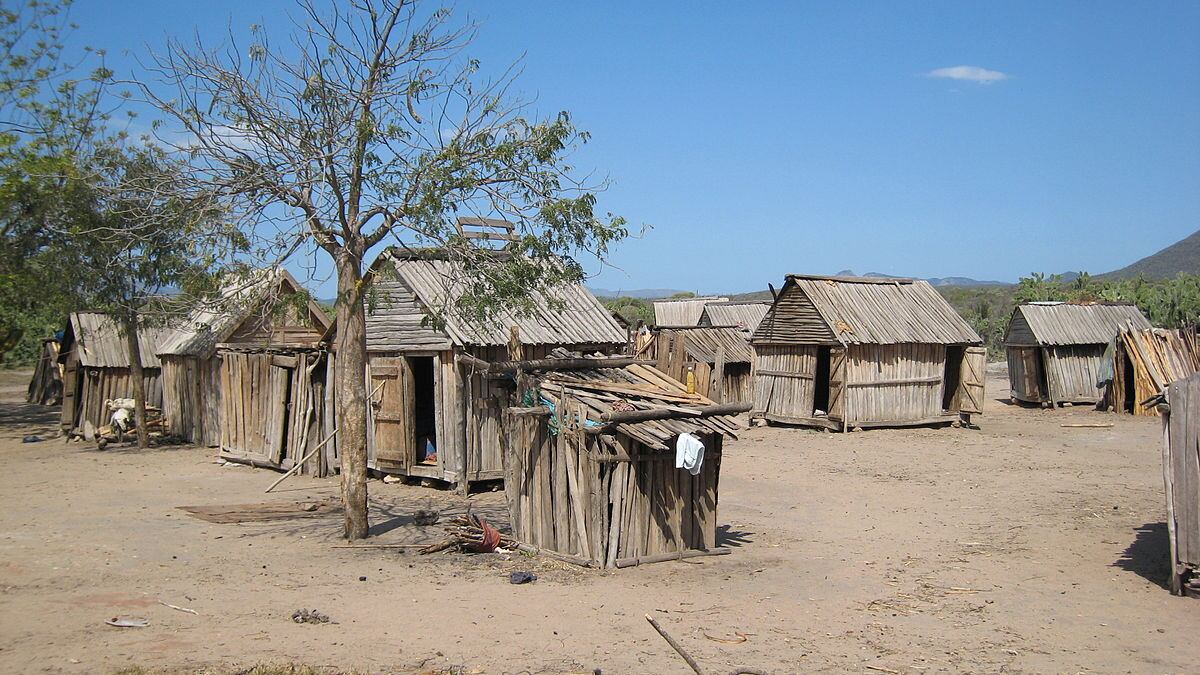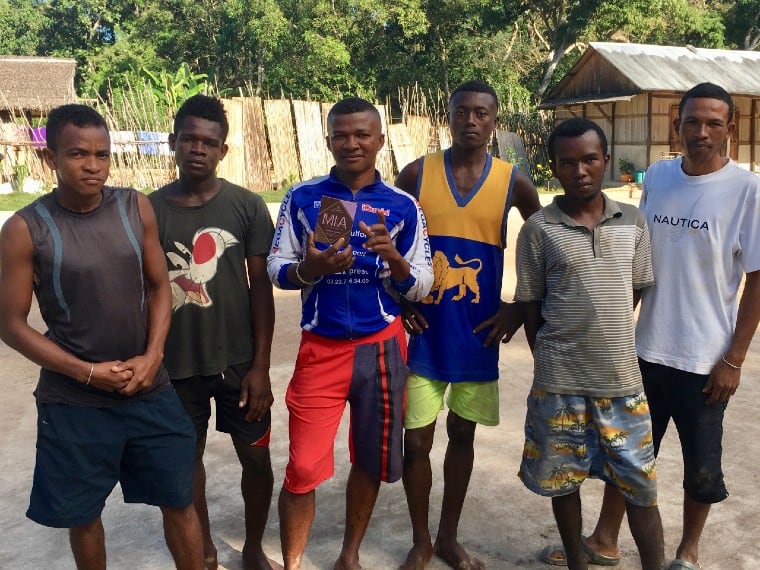Julie Reversé, Doctors Without Borders (MSF) Madagascar Country Coordinator, said: “We’re seeing totally destitute people who have literally nothing to eat and are teetering on the edge of survival. Some have had to sell their cooking utensils and don’t even have containers to fetch water.”
According to MSF, around 28% of children under five are acutely malnourished in some villages in the Amboasary district in the south. One-third have severe malnutrition and are at high risk of death (approximately 12,000 children).
MIA co-founder Brett Beach, who called Madagascar home for six years after he landed there as a Peace Corps Volunteer in 1999, travelled to the south many times: “Southern Madagascar has historically been the poorest region with a hot and dry climate that makes life under normal conditions challenging for those with few resources. Seeing mothers mixing tamarind and clay in a desperate attempt to fill children’s stomachs is really heart breaking, especially when we know that the food relief programme can provide children a healthy meal a day for just £6 per month. That’s roughly the cost of two coffees for a child to eat for a month.”
The MIA (short for Made In Africa) donation marks its second in what has been a prolonged famine for the region. The bean-to-bar company’s support is implemented by Money for Madagascar, a UK charity that works in coordination with the World Food Programme to feed children at two grammar schools.
Director Irenée Rajaona-Horne explained the charity’s work: “We are helping the World Food Program address this crisis by providing free school meals to over 650 students at two grammar schools in the most severely affected communities. While the primary purpose of the nutritious meals is to alleviate starvation, working with schools to distribute the food means that the support also helps children continue learning despite the crisis.”
- You can join the effort to alleviate famine in Southern Madagascar with a donation of any denomination at Money for Madagascar’s fund appeal page: https://moneyformadagascar.org/famine-appeal/.



